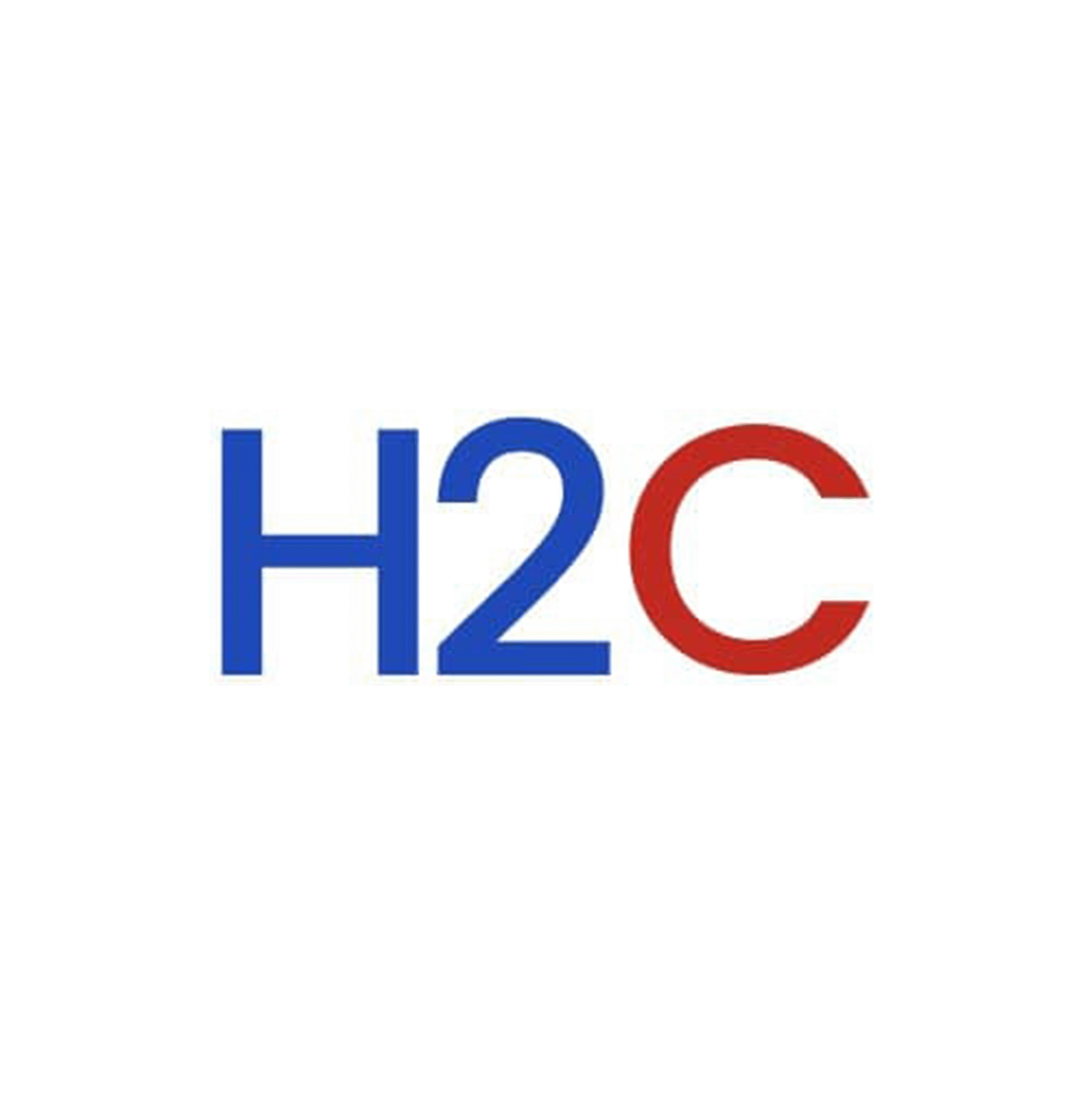If you’re keeping an eye on your home’s market value to sell for a solid return, it’s crucial to account for the various fees that come with closing the deal. These expenses can eat into your expected profits, so factoring them in early helps avoid surprises.
Imagine you’re eyeing a sale at around $350,000. That might cover your remaining $200,000 mortgage and leave you with a nice $150,000 gain. But hold off on planning that next big move; closing costs need to be subtracted first to get the real picture of your net proceeds.
At Home2Cash LLC, we specialize in helping homeowners navigate quick, hassle-free sales, and we’ve seen how overlooking these costs can throw off even the best-laid plans. Buyers aren’t the only ones facing fees; sellers often shoulder a hefty portion, too. On the settlement statement, the document that breaks down all charges and credits in the transaction, you’ll likely see a detailed list of seller responsibilities.
Typically, these costs range from 6% to 10% of the final sale price, depending on your location and the specifics of the deal. The good news? They’re usually deducted directly from your sale proceeds rather than requiring upfront cash. However, if your home equity is slim, you might need to contribute some funds at closing, or certain amounts could be held in escrow until everything clears.
Let’s break down the key closing costs sellers commonly encounter, so you can budget effectively.
1. Real Estate Agent Commissions
One of the largest expenses is the commission paid to the agents handling the sale. Rates aren’t fixed by law and can differ based on your state, the brokerage, and what you negotiate upfront. It’s worth exploring options to ensure you’re getting a fair deal; many sellers successfully haggle for better terms.

For more insights on this, consider resources that dive into commission structures to empower both buyers and sellers.
2. Mortgage Payoff Expenses
Most sellers aim for a price that fully covers their outstanding loan balance. Keep in mind, though, that the actual payoff amount is often slightly more than what’s shown on your latest statement. This is due to prorated interest accrued up to the closing date.
In some situations, your lender might charge a prepayment penalty if you’re settling the loan early. If you have additional financing, like a home equity line or second mortgage, that will need to be paid off, too. We recommend reaching out to your lender well in advance for an exact payoff quote to refine your cost estimates.
3. Transfer Taxes and Recording Fees
These are essential government-imposed charges that facilitate the title transfer from you to the buyer. Transfer taxes vary by state or locality, and they’re a standard part of the seller’s tab. Property taxes also need to be current up to the handover date, with any prorated amounts adjusted at closing.
4. Title Insurance
To protect the buyer and their lender from any title issues down the line—such as disputes over ownership sellers often cover the cost of the buyer’s title insurance policy. This premium is a one-time fee and provides peace of mind for all parties involved in the transaction.
5. Legal Fees
Depending on where you live, you might need an attorney to oversee the closing process. Customs differ: In some regions, both sides have their own lawyers, while others use a single settlement attorney. The seller could end up paying these fees, so check local practices to anticipate this.

Other Potential Closing Expenses
Beyond the basics, additional items can pop up based on your property’s situation. These might include clearing any liens or judgments, settling unpaid HOA fees, or covering prorated property taxes and escrow charges. Homeowners’ association dues up to the closing date are also your responsibility.
The sales contract could add more, like funding a termite inspection (and fixes if needed), a home warranty for the buyer, or credits/repairs stemming from the home inspection. These are distinct from buyer costs and can vary widely.
Don’t forget the upfront efforts to get your home sale-ready. Things like minor updates, staging, or cosmetic fixes might require an initial outlay, but they often pay off by boosting your sale price. Include them in your overall budget to stay realistic.
Selling a home involves more than just the final price tag; it’s about understanding the full financial landscape. At Home2Cash LLC, we’re here to simplify the process, whether you’re looking for a traditional sale or a faster cash option. By planning for these costs, you’ll walk away with a clearer sense of your true gains and less stress along the way.
If you’re ready to explore your options or need a quick quote, feel free to reach out. We’re committed to making your transition smooth and transparent.







